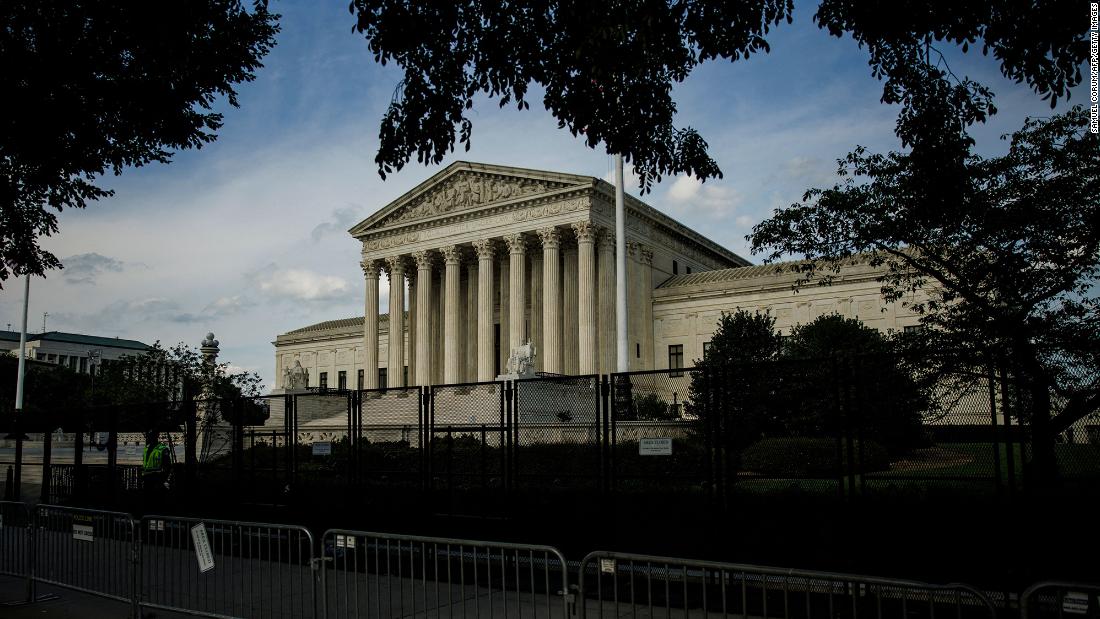

So far, major social media platforms have largely said they will apply existing content moderation guidelines to abortion content, and that those policies have not changed in light of the Supreme Court ruling or new state laws in recent days.
“Content that discusses the affordability and accessibility of prescription medication is allowed,” Stone said in a tweet Monday. “We’ve discovered some instances of incorrect enforcement and are correcting these.”
On YouTube, all content is subject to the platform’s community guidelines, a company spokesperson noted. The guidelines similarly prohibit the sale of pharmaceuticals without a prescription but otherwise do not make explicit mention of abortion. The spokesperson did not respond to a question about whether content explaining how to access abortion medication, such as through online pharmacies, would continue to be allowed under that policy, but said the platform is working to elevate authoritative information amid the news. (Google did not respond to a request to comment on whether it will adjust its results for abortion-related inquiries on Google Search in states that outlaw the procedure.)
TikTok did not respond to multiple requests for comment. The short-form video platform’s community guidelines say it aims to avoid enabling “activities that violate laws or regulations” and prohibits the trade or sale of “certain regulated goods.”
Videos using the hashtag #abortionpill have garnered more than 9 million views on the platform, as users share resources for how to access the medication. Many videos linked to national resources where the pills can still be ordered online. Other users offered to overnight mail the medication to people in states impacted by Roe’s reversal or volunteered places to stay for people who must travel to access the procedure.
CNN’s Catherine Thorbecke contributed to this report.
